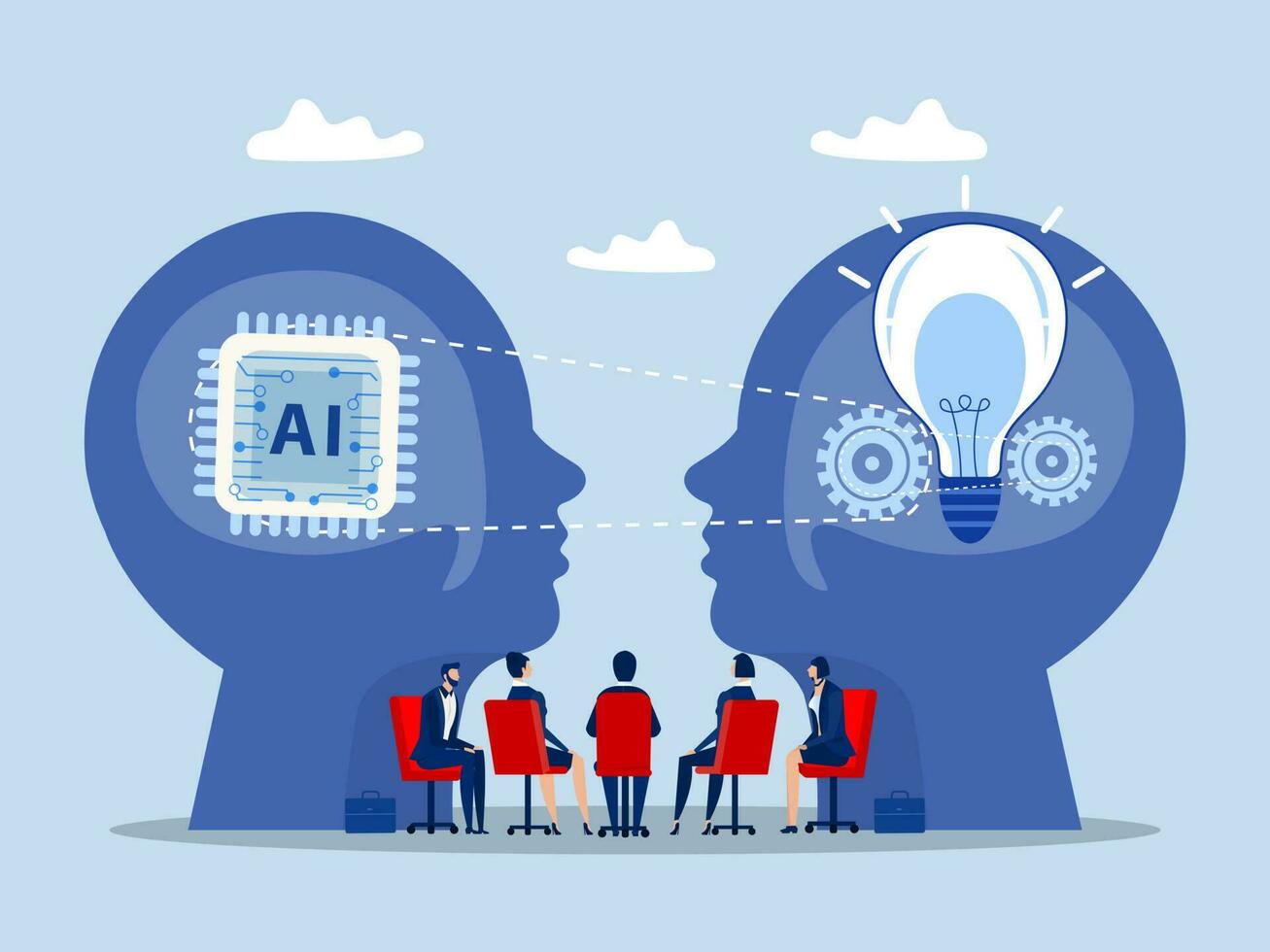
Artificial Intelligence (AI) is revolutionizing customer experience (CX) by making interactions more intelligent, personalized, and proactive. Unlike static rule-based systems, AI continuously learns and evolves based on customer behavior, preferences, and feedback. Businesses leveraging AI-driven personalization can anticipate customer needs, provide real-time recommendations, and refine interactions over time, leading to enhanced engagement, improved satisfaction, and stronger custome...
r loyalty.
How AI Analyzes and Learns from Customer Behavior
AI leverages vast amounts of data to understand and adapt to customer preferences. It does this through various methods:
Behavioral Tracking – AI monitors customer actions such as browsing patterns, purchase history, and engagement with content.
Natural Language Processing (NLP) – AI-powered chatbots analyze conversations to detect sentiment and intent, allowing for more contextual and meaningful interactions.
Predictive Analytics – AI anticipates future customer actions based on past behaviors, enabling proactive engagement.
Feedback Loops – AI refines its understanding through continuous feedback, ensuring that recommendations and responses remain relevant.
Contextual Awareness – AI considers factors such as location, time of day, and past interactions to tailor its recommendations dynamically.
The Role of Machine Learning in Continuous Personalization
Machine learning (ML) is the driving force behind AI’s ability to personalize CX. It enables AI systems to improve over time without human intervention. Supervised learning involves training AI on labeled data, such as customer demographics and past purchases, to make informed recommendations. On the other hand, unsupervised learning identifies hidden patterns in customer behavior, segmenting users into meaningful groups for targeted marketing.
Reinforcement learning allows AI to optimize interactions by learning from real-time customer responses and adjusting strategies accordingly. Additionally, AI-powered dynamic content adapts to customer interactions, evolving personalized emails, website layouts, and product recommendations based on continuous learning. This ability to adapt in real time makes AI a powerful tool for businesses aiming to enhance CX.
Real-World Applications of AI-Driven Behavioral Learning
AI-driven personalization is widely adopted across industries, enhancing customer interactions in various ways.
E-Commerce – Companies like Amazon and Netflix use AI to recommend products and content tailored to user behavior.
Banking & Finance – AI analyzes transaction history to offer personalized financial advice while detecting fraudulent activities.
Healthcare – AI-driven platforms personalize patient care recommendations and wellness plans, improving treatment outcomes.
Retail – Businesses leverage AI for dynamic pricing strategies and targeted promotions based on past shopping behaviors.
Telecom – AI predicts customer churn and proactively offers retention incentives, ensuring continued engagement.
These applications demonstrate how AI can optimize operations while delivering more relevant and engaging customer experiences.
Challenges and the Future of AI in CX Personalization
Despite its immense potential, AI-driven personalization comes with challenges that businesses must address. Data privacy concerns are at the forefront, with customers demanding greater transparency on how their data is collected and used. AI models also face the risk of bias, as poor data quality or biased datasets can lead to inaccurate or unfair recommendations.
Another challenge is the complexity of integrating AI into existing CX tools and platforms. Businesses must ensure seamless integration to maximize AI’s capabilities. Furthermore, while AI enhances efficiency, companies must strike a balance between automation and human touch, ensuring that AI complements human interactions rather than replacing them entirely.
The future of AI in CX lies in adaptive AI, where models continuously refine themselves in real time, enabling businesses to deliver hyper-personalized, predictive, and seamless customer experiences. Organizations that successfully navigate these challenges will be better positioned to provide exceptional customer experiences.
Conclusion
AI’s ability to learn and evolve from customer behavior is revolutionizing customer experience. By leveraging machine learning, predictive analytics, and real-time feedback, businesses can create deeply personalized interactions that drive engagement and loyalty. However, addressing challenges such as data privacy and AI bias will be essential in unlocking AI’s full potential in CX. The businesses that successfully balance automation with a human touch will stand out in delivering superior customer experiences.
© CX Frontiers. All Rights Reserved. Design by UBS Forums